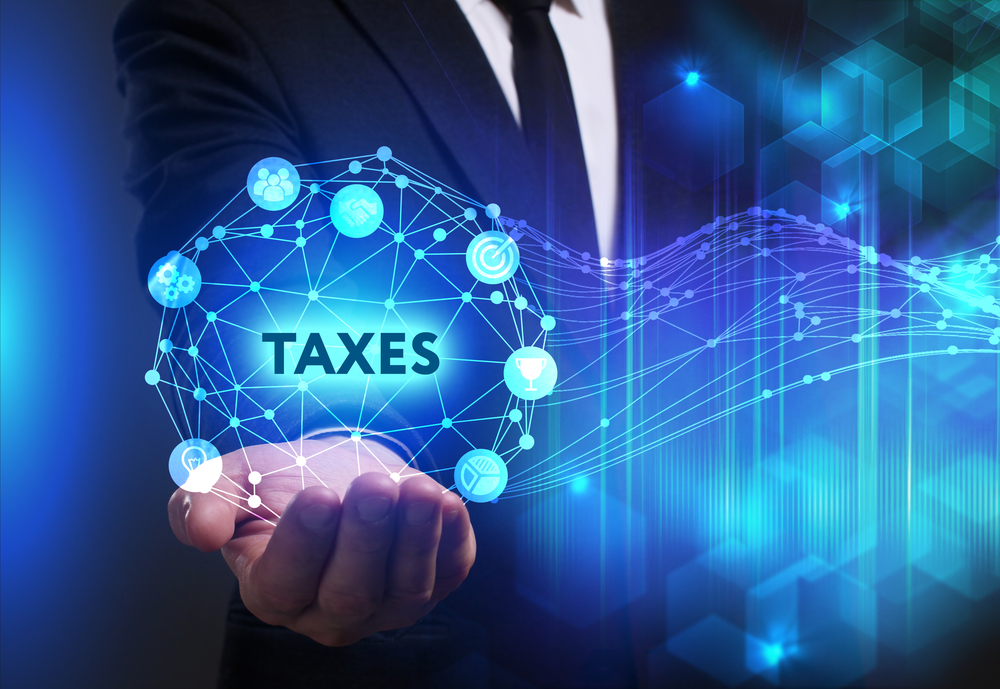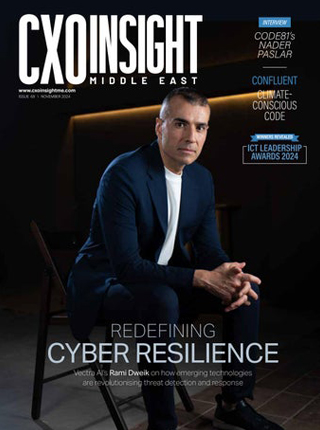We are at a crucial turning point of automation in this age of exhaustive information and big data, especially when it comes to the world of finance and taxation. Tax authorities in the Middle East are undergoing a complete transformation given the current complex tax modernisation process that they are in. While they’re hoping to architect and implement changes quickly, expectations are incredibly high with each country demanding a customised set of unique, nation-specific features that can include the integration of emerging technologies such as AI, ML and RPA while ensuring availability on various platforms and incorporation of different tax types. Their goal is to create a user-centric system which can cater to the needs of all types of taxpayers, tax officers and tax agents, and ultimately elevate compliance within their economy.
The current COVID-19 pandemic has also highlighted the need to increase resilience and accelerate the pace of digitalisation. Digitalisation is now a necessity to ensure tax authorities can continue to enable voluntary compliance by providing taxpayer services through different mediums. Tax authorities must rethink their digitalisation strategy to maintain productivity and stabilise business processes; business continuity plans should be accompanied by proactive measures to establish sustainability for unexpected future challenges. There is an imminent need for innovation in solutions that provide taxpayers access to digital services using chatbots, online and mobile platforms. Solutions that support a solid technical infrastructure and paperless processes are key to safeguarding business continuity and maintaining productivity during such events.
As technologies evolve, Commercial-Off-The-Shelf (COTS) solutions have become available to ease the burden of tax implementation while enhancing efficiency. These solutions offer configurations that are designed to meet tax-specific laws, regulations and business rules, to provide single taxpayer views and support multiple tax regimes. Thus, ultimately helping administrations in exponentially increasing collections and maximising compliance, all while reducing the total cost in comparison to conventional custom solutions. More recently, emerging technologies have taken the driver’s seat and tax authorities rightfully have high expectations when it comes to new solutions.
Enterprise solution providers like ourselves are at the forefront of integrating emerging technologies like Artificial Intelligence (AI), Machine learning (ML) and Robotic Process Automation (RPA) and weaving them into SAP solutions. There is no denying that machines are equipped with significantly superior computational abilities than humans, and they can sort through enormous amounts of data in a fraction of the time to enable better decision-making. Since AI can find patterns, trends, and associations; discover inefficiencies; predict future outcomes based on historical trends and inform fact-based decisions, the general idea behind AI is to enable machines to take on data-heavy processing and analysis. Machine learning is also a subset of AI which enables computer programs to ‘learn’ when exposed to new data, without being specifically programmed, to provide an unbiased analysis of the data. Smart integration of Artificial Intelligence and Machine Learning in enterprise solutions like SAP can help tax functions to automate and improve complicated analytical tasks, look at data in real-time, adjust its behaviour with minimal supervision, and increase efficiency and accuracy exponentially.
VAT and tax regimes are at a nascent stage in GCC, and tax authorities in the region continue to learn and evolve with the process, warranting a significant increase in the need for flexible and scalable solutions.










Discussion about this post